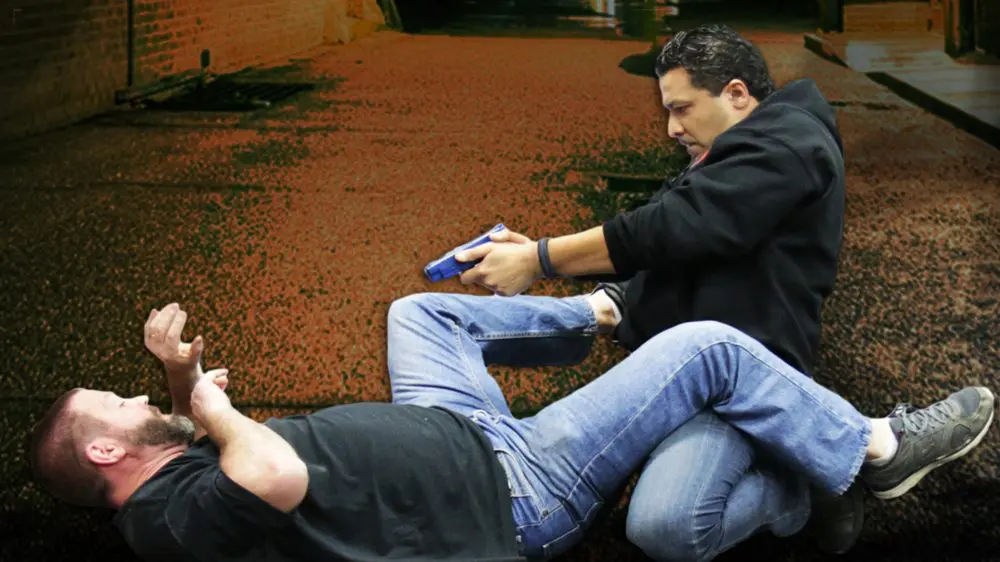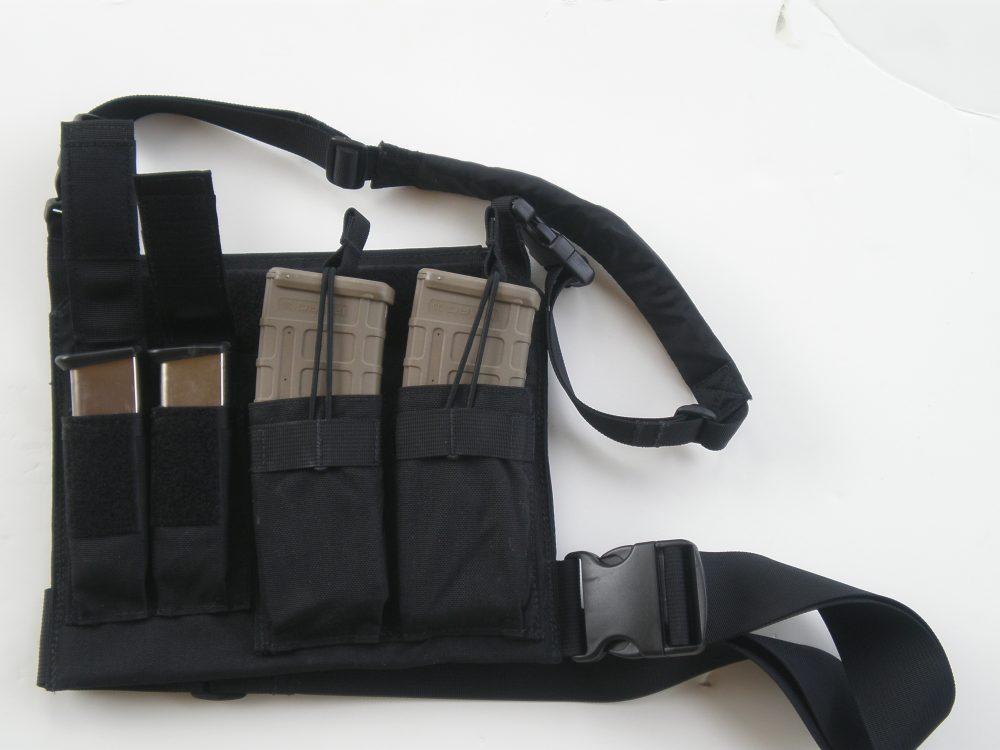Imagine all those who have wished they had trained harder just before everything was taken from them. When the moment of truth comes, it will probably be unexpected, fast, and with little or no warning.
Police work is dangerous. This is precisely why it is police work. It exists to deal with those who are unreasonable at times, and this comes at a price. More than a few police officers have stated to me, “If the department wants me trained, they can pay for it!” This is a fair enough statement and I wish them luck, but it is far from practical.
Most police departments train to a certain standard of performance and no more. Most qualification courses remain the same year in and year out and will remain so decade after decade. Part of this is due to fiduciary concerns, part due to manpower needs, and part due to the fact that “this is the way it has always been done.”
Bad guys do not have a level of performance to which they train. But they do have one massive advantage: they set the time, the location and the event’s initiation. No one can accurately predict when, where or under what circumstances this will be. Nobody.
Checking off a box that says “Qualified” or even “Combat Qualified” means little to those who will oppose you. If the course of fire remains the same, one is simply repeating what one has experienced before, again and again ad nauseam. It means that you might perhaps grasp a somewhat literate comprehension of the English language and can follow simple instructions. That’s all.
It does not mean you can solve complex and fluid problems in fast-evolving situations. It does not prepare you for what might be taken from you or given to you at any specific moment when your life is on the line. Only advanced training can accomplish this.
LAPD SWAT had two individuals who sought out additional training on their own and, by their efforts, the unit’s proficiency greatly improved and eventually became a worldwide role model. They did this on their own just as I did when I joined D Platoon. Were it not for the efforts of these two men and the subsequent training, which I undertook at my own expense, time and travel, I would probably not be writing this.
Officers ask if such and such a class is POST certified. Some will not attend because POST will not reimburse them even if the school trains far and above the level POST deems adequate. The same officer might expend considerable sums on powerboats, motorcycles, or other such items without a second thought. But to spend funds for an intangible skill that might well save his life or avoid a bad shooting is simply out of the question.
I have watched officers argue over a single round that barely broke paper which, if not counted as a hit, would disqualify them. In the field, this round would count for absolutely nothing.
Such an argument borders on delusional insanity, and the streets will always be more than truthful—on that you can be sure. As I have stated in the past, the city may not pay for your training, but they will pay for your autopsy.
If you worry about your performance in the field, perhaps you should train. The training should be common sense, absent the smoke and mirrors and bells and whistles so prevalent these days. It should have a solid basis in reality and you should learn workable skills that can be called upon when you need them the most. The training should come from those who know and have experienced precisely what they are training, and within a verifiable format.
One does not have to have been in a deadly force encounter, but having experienced the tactics and problems of the streets over a protracted period of time is a definite prerequisite for any instructor in such a critical area.
“Intangible skills” only seem intangible until they are called upon.
Pilots continually undergo intensive simulator training that can far exceed the demands they have experienced in actual flights. There is a reason for this. Taking off and landing are standard procedures. Overcoming in-flight critical issues when seconds count is entirely another matter. None of us would board a flight if all the pilot was able to accomplish was a safe takeoff and landing when all conditions were peachy-keen. I want the pilot who can overcome engine failures, control systems malfunctions, and flight surface degradation. I want the individual at the controls to be composed and skilled enough that he can properly and accurately address such issues if it all goes south. I’d like him to be highly trained. I’d like to land safely.
Deadly force is every bit of this and more.
If you want to prevail, if you want to return home, and if you want to retire someday, additional training should be high on your priority list.
You, your family, and your partners can only benefit from solid and practical advanced training.
Scott Reitz is a 30-year veteran of the Los Angeles Police Department and director of the highly acclaimed International Tactical Training Seminars. Course information and schedules are available at their website at www.internationaltactical.com. Looking Back, a free monthly newsletter, is available by email at [email protected].





